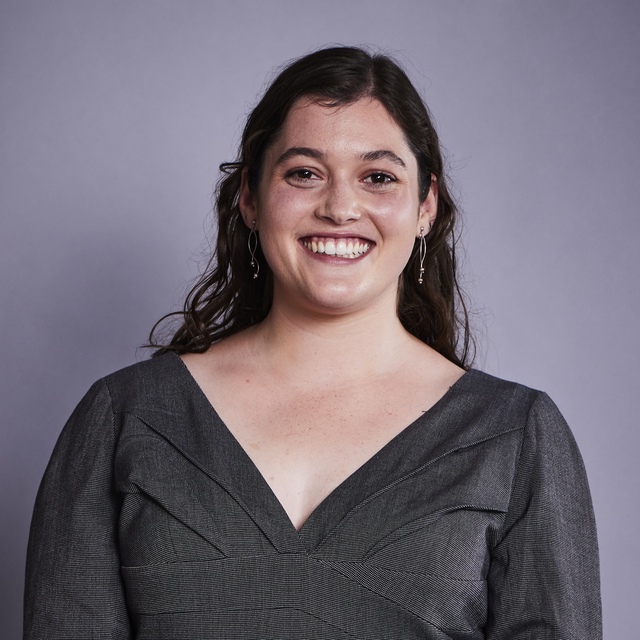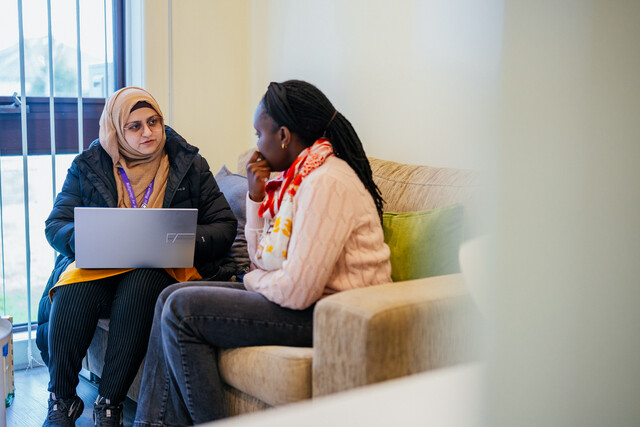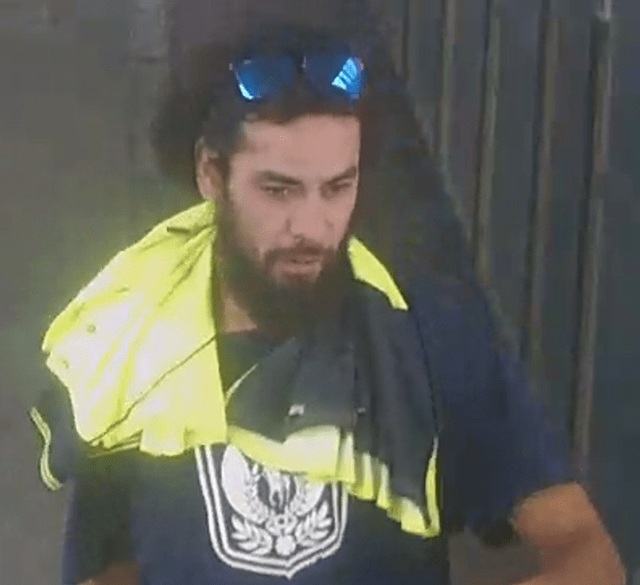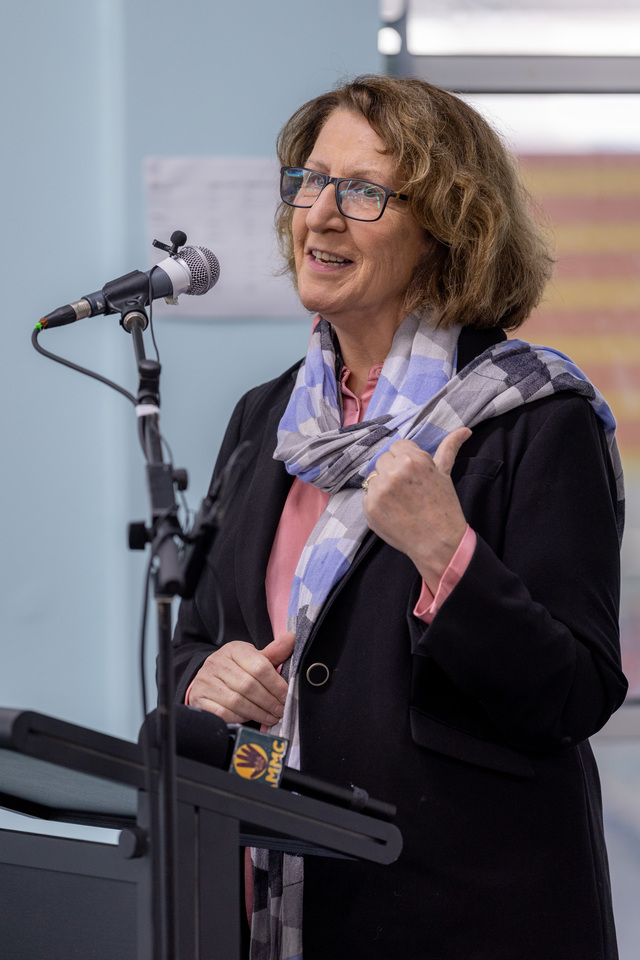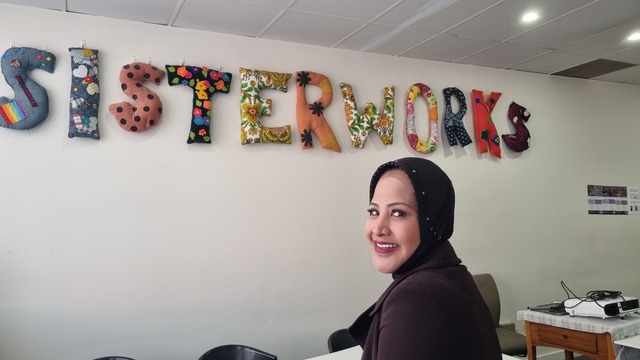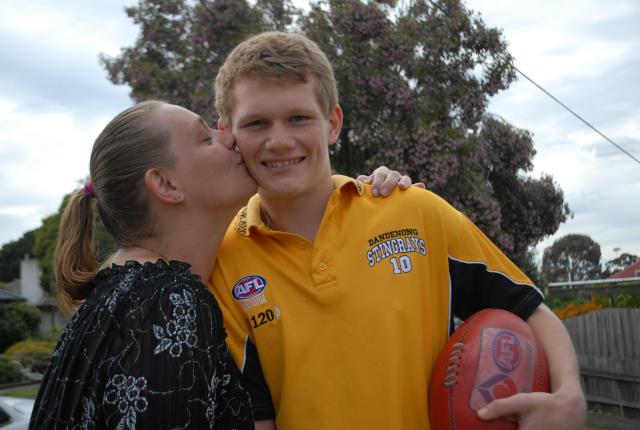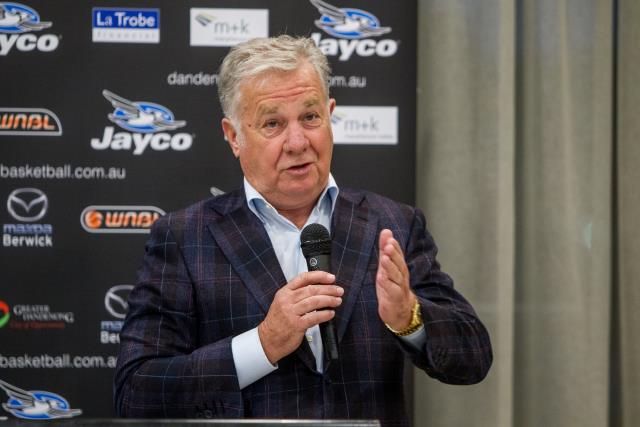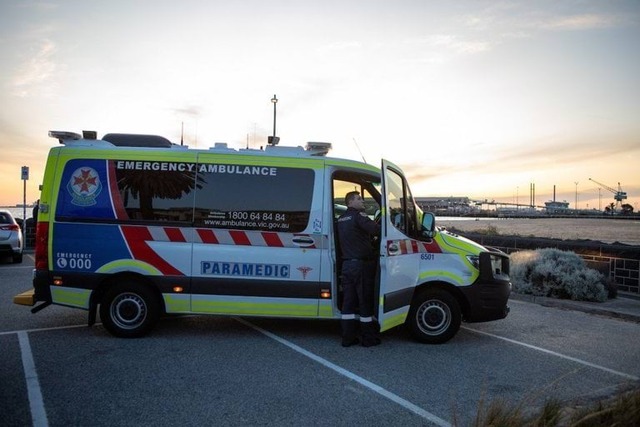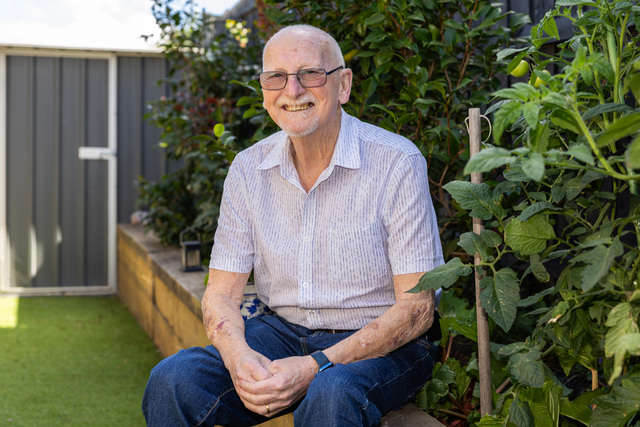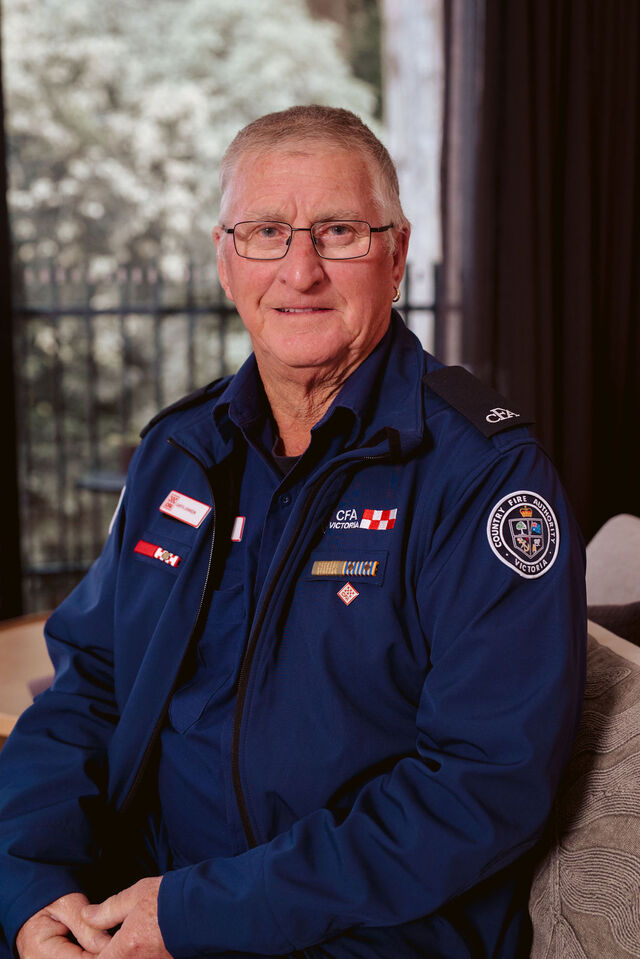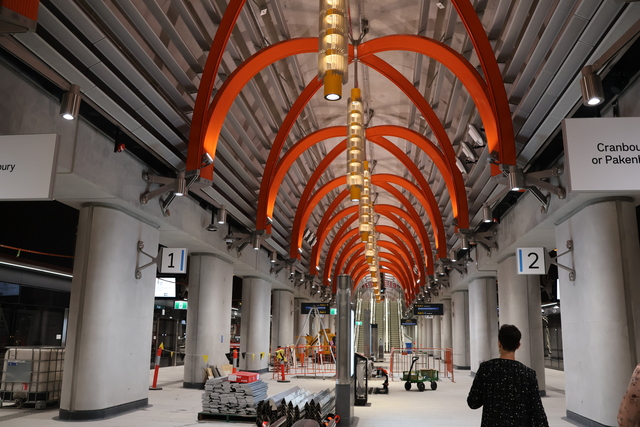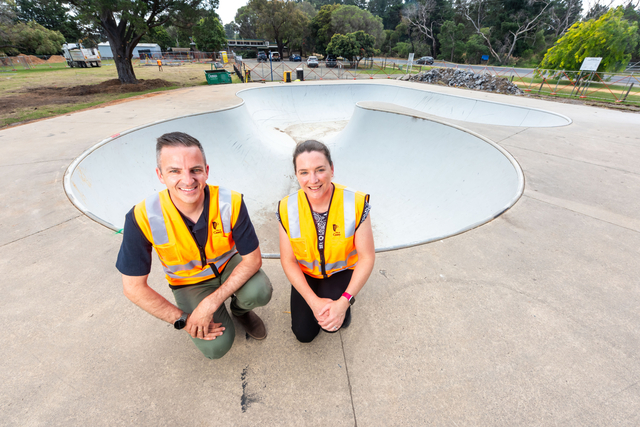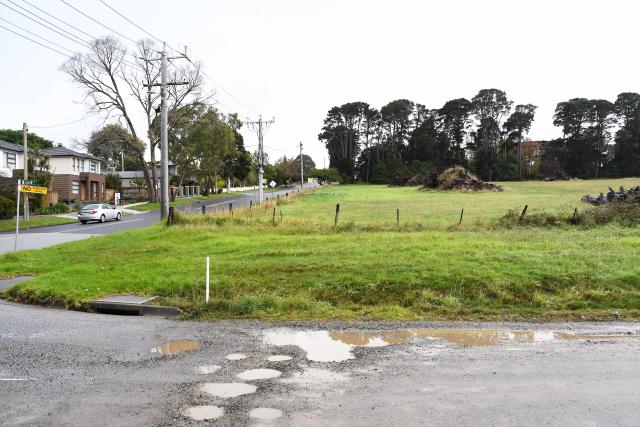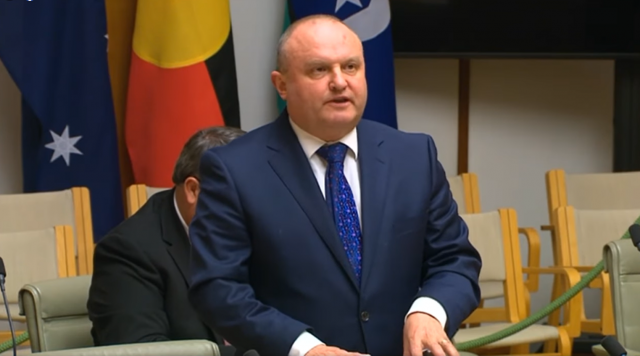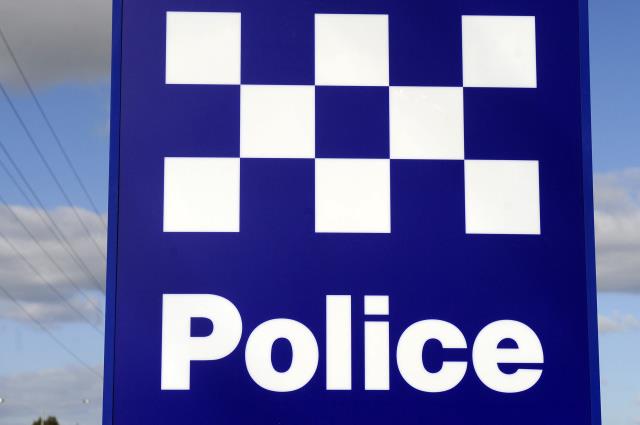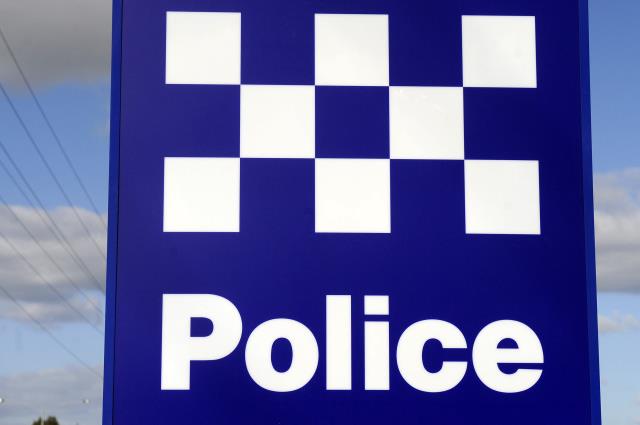Monash University research has backed a Wellsprings For Women report into the systemic challenges for refugee and migrant women experiencing family violence.
Lack of cultural understanding, a rise in complex cases, cultural abuses like dowry related violence and forced marriages, women wrongly identified as the aggressor, and lack of interpreters are just some of the gaps identified by the Wellsprings report.
This is further backed by Monash University PhD candidate in criminology, Isabel Dunn, at Monash Gender and Family Violence Prevention Centre.
Her research focuses on how women from refugee backgrounds in Tasmania who have experienced domestic and family violence are supported by local services.
And her findings echo the report from Wellsprings.
“Some of the preliminary findings gathered so far, eats to the issues that Wellsprings has identified like interpreter issues, not enough funding in the sector as well as cultural competency being identified for workers under the pressure to understand it.”
While educational training into family violence may be available to Victorian Police officers across all fields, it’s not a compulsory training component.
Ms Dunn says her research has identified police officers and their cultural understanding plays a crucial role.
“In my research, individuals expressed whether a police officer will be helpful or be able to understand the impact of culture is really based on which police officer arrives at the scene.
“As a generalised force, there are issues with the police inadequately intervening in the situation – unless you’re lucky to have an officer who has received or taken on board the training to understand the nuances.
“Most on-the-ground police officers are not family violence specialists. That’s why we’re seeing women misidentified as aggressors across many backgrounds.”
Ms Dunn says a family violence specialist attending alongside police officers is crucial to “adequately support” them as an institution. Training and education alone is just not good enough to understand the dynamics, she says.
“Often we see police officers respond, they do pro criminal justice response as they are meant to, and there’s not a lot of further support,” she says.
“If a Police officer is aware of other services in communities, they may make a referral, but some do the criminal justice area and they don’t loop in with the community leaders in the area.
“The police culture as whole is highly misogynistic, often masculine, very pro-intervention and that cause issues when a police officer responds to what is a highly gendered, nuanced situation…”
Both Dalal Smiley, CEO of Wellsprings for Women and Ms Dunn call for crucial and ongoing investment in existing culturally responsive and trauma-informed services as demand rises and specialist services remain severely under-resourced.
“Family violence is not just about individual acts of harm. It is shaped by systemic failures, cultural misunderstandings and structural inequities. Addressing these barriers is a matter of justice and safety,” Dr Smiley said.
Wellsprings family violence manager Oula Ibrahim says their team have to manage both emotional weight of the crisis as well as large caseloads with “very limited housing options.”
Ms Dunn also emphasises on the need to change as a society.
“In our wider social structures, we are creating situations and system that allow structural vulnerabilities to increase the rates of family violence in these communities because family violence is not accidental- it’s shaped by a system that privileges men and masculinity over women.
“That means even if we train these people (police officers), family violence will still happen because we know people are in high stress and are experiencing external tension – whether from lack of adequate housing, ready access to gambling, drugs, alcohol.
“The issues will remain hidden in the houses.”

